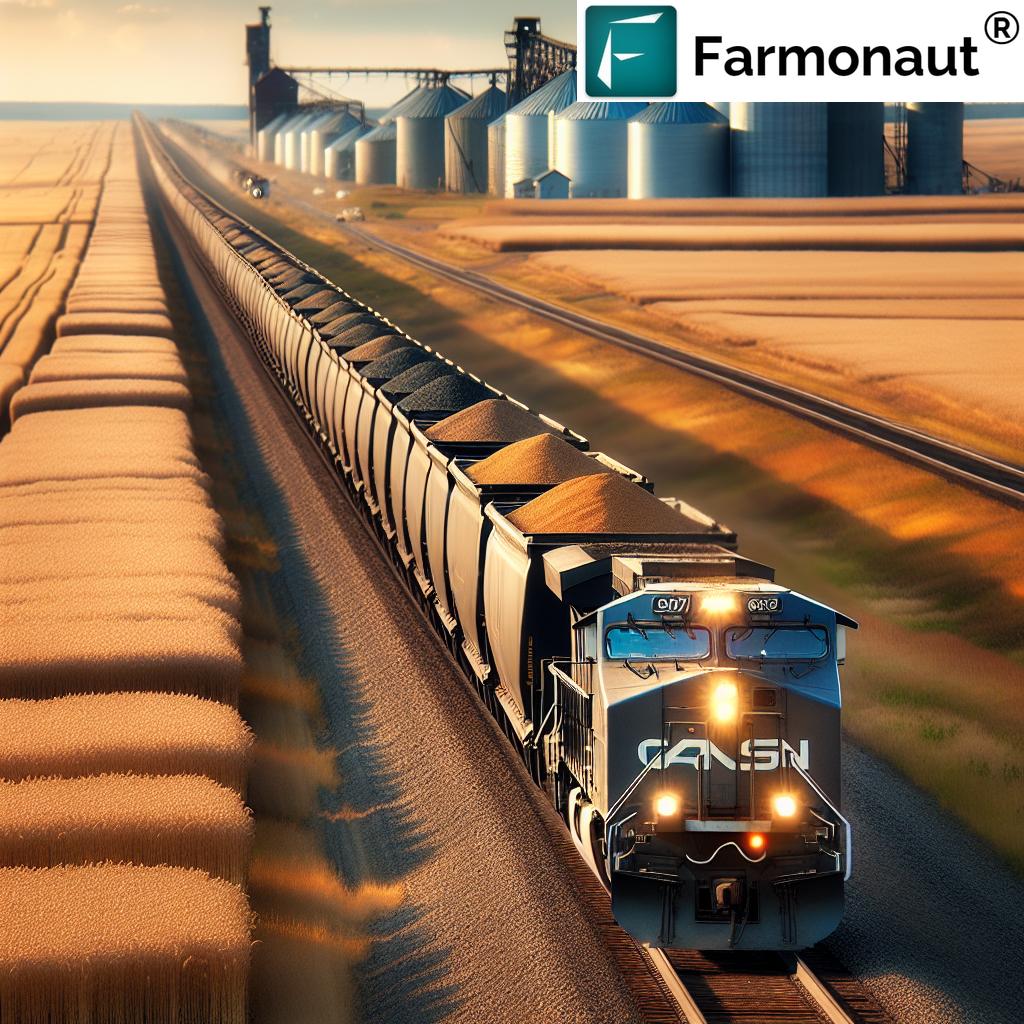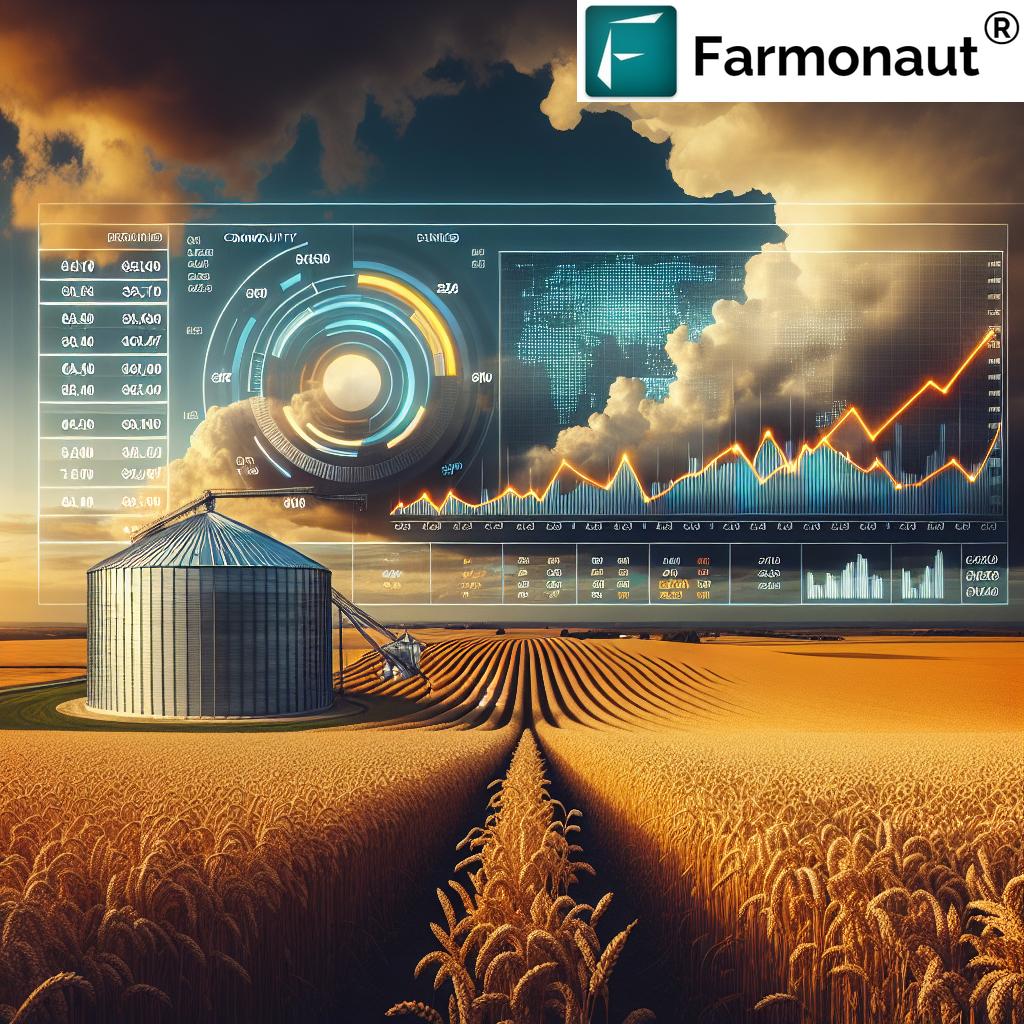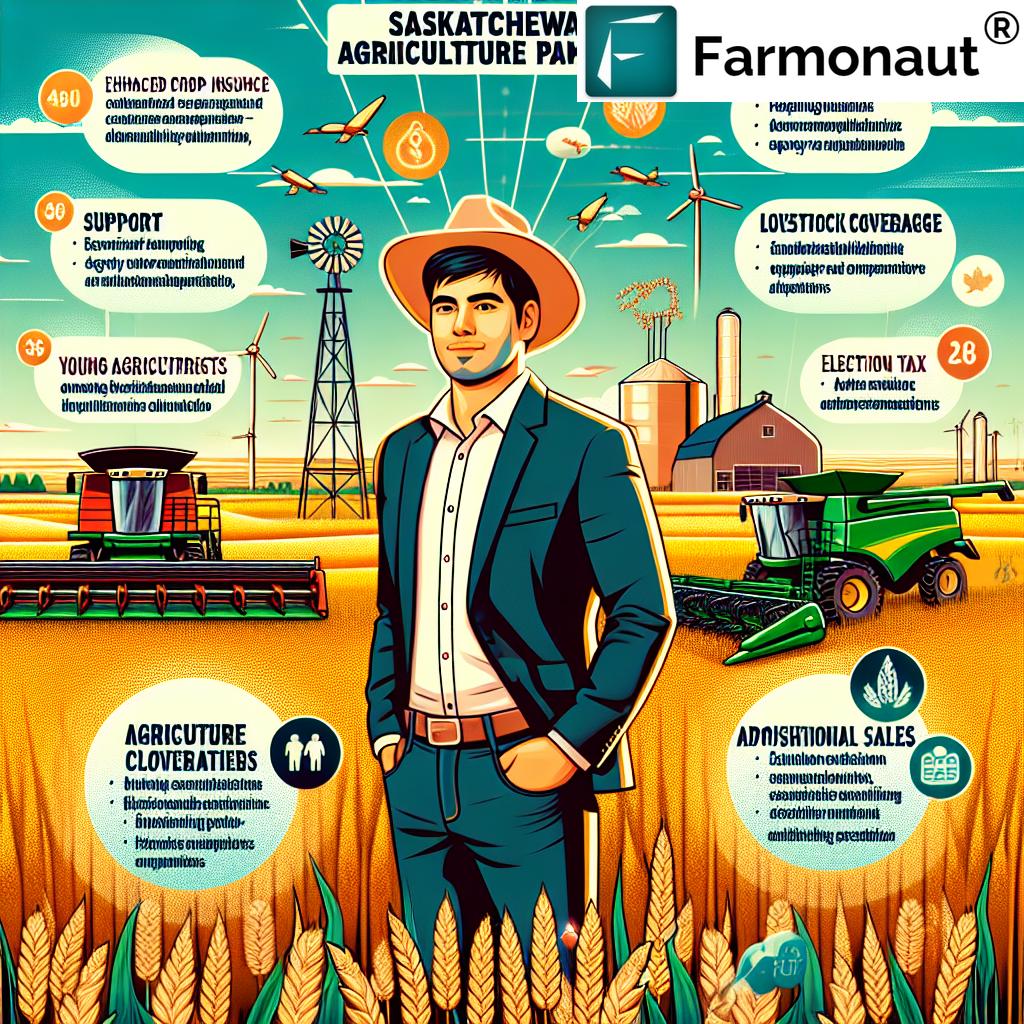Revolutionary Sino-Dutch Alliance Unveils Groundbreaking Precision Farming Innovations for Sustainable Agriculture

In a landmark development for global agriculture, a groundbreaking Sino-Dutch agricultural cooperation is set to revolutionize the farming landscape, ushering in a new era of sustainable agriculture and technological innovation. This pivotal alliance between China and the Netherlands marks a significant milestone in the ongoing China-Netherlands agricultural partnership, promising to deliver cutting-edge solutions to address the pressing challenges facing modern agriculture.
Strengthening Ties: The Foundation of Sino-Dutch Agricultural Collaboration
The seeds of this transformative partnership were sown at a recent Sino-Dutch seminar on agricultural cooperation held in Wassenaar, the Netherlands. The event brought together officials, entrepreneurs, and researchers from Shanghai and South Holland province, creating a fertile ground for exchanging ideas and exploring new avenues for collaboration in agricultural technology innovation and sustainable development.
Erik Smidt, the agricultural counselor at the Dutch Embassy in China, underscored the deep-rooted connections between the two nations in a video message. He remarked, “China and the Netherlands share a rich history of cooperation in agriculture, with collaboration spanning decades. We have worked together on various projects ranging from high-tech agriculture to food safety and sustainability.”
Pioneering Precision Farming Advancements in China
At the heart of this collaboration lies a shared commitment to advancing precision farming technologies. The Sino-Dutch precision farming innovations are poised to transform agricultural practices in China, introducing data-driven approaches that optimize resource use and boost crop yields.
- Implementation of smart sensors and IoT devices in Chinese farms
- Development of AI-powered crop management systems
- Introduction of drone technology for precision spraying and monitoring
These advancements are not just theoretical; they’re already being put into practice through various Dutch-Chinese agricultural joint ventures. These partnerships serve as living laboratories, demonstrating the practical applications and benefits of precision farming techniques in real-world scenarios.
Smart Greenhouse Technology: A Game-Changer for Shanghai’s Agriculture
One of the most exciting developments in this collaboration is the introduction of smart greenhouse technology in Shanghai. This cutting-edge approach to controlled environment agriculture is set to revolutionize urban farming in one of China’s most populous cities.

Floriske Deutman, a board member of the Tomato World Foundation, highlighted the potential of this technology: “The greatest potential for collaboration between the Netherlands and China, especially in Shanghai, lies in the synergy of advanced Dutch agricultural technology with China’s vast and dynamic market. Together, we can focus on integrating smart greenhouse technology, precision farming, and data-driven agriculture into Shanghai’s agri-horticultural sector.”
Data-Driven Agriculture: The Future of Farming
Central to the sustainable agriculture technology collaboration between China and the Netherlands is the emphasis on data-driven agriculture cooperation. This approach leverages big data, artificial intelligence, and machine learning to optimize every aspect of the farming process.
- Real-time crop monitoring and predictive analytics
- Precision irrigation and fertilization systems
- Weather forecasting and climate adaptation strategies
By harnessing the power of data, farmers can make more informed decisions, reduce waste, and increase productivity while minimizing environmental impact. This aligns perfectly with both countries’ goals for agricultural sustainability.
Dutch-Chinese Joint Ventures: Catalysts for Innovation
The success of the Netherlands-China agricultural partnership is exemplified by the numerous Dutch-Chinese joint ventures that have emerged in recent years. These collaborations span various sectors of agriculture, from horticulture to dairy, and serve as incubators for innovation and knowledge exchange.
Some notable examples include:
- A joint research project on vertical farming techniques in urban environments
- A collaborative effort to develop drought-resistant crop varieties
- A shared initiative to improve livestock health through advanced monitoring systems
These ventures not only drive technological advancements but also promote cultural exchange and mutual understanding between Dutch and Chinese agricultural experts.
The Role of Technology in Sustainable Agriculture
As the world grapples with the challenges of climate change and food security, the Sino-Dutch precision farming innovations offer a beacon of hope. By leveraging technology to create more efficient and sustainable farming practices, this partnership is paving the way for a more resilient and productive agricultural future.
Key technologies being developed and implemented include:
- Automated harvesting systems that reduce labor costs and increase efficiency
- Precision planting equipment that optimizes seed placement and reduces waste
- Advanced crop monitoring systems that detect diseases and pests early
These innovations are not only improving productivity but also contributing to environmental conservation by reducing the use of water, pesticides, and fertilizers.
Looking Ahead: The Future of Sino-Dutch Agricultural Cooperation
As the China-Netherlands agricultural partnership continues to evolve, the future looks bright for both nations’ agricultural sectors. The collaboration is expected to expand into new areas, including:
- Sustainable aquaculture practices
- Circular agriculture models
- Biobased economy initiatives
These emerging fields of cooperation will further solidify the partnership and contribute to global efforts in achieving sustainable development goals.
For those interested in leveraging cutting-edge agricultural technology, Farmonaut’s web app offers a comprehensive suite of tools for precision farming and crop monitoring.
Farmers and agricultural professionals can also access Farmonaut’s services through their mobile devices:
For developers looking to integrate advanced agricultural data into their own applications, Farmonaut’s API provides a powerful solution. Detailed documentation is available in the API Developer Docs.
Conclusion: A New Chapter in Global Agriculture
The revolutionary Sino-Dutch alliance in precision farming and sustainable agriculture marks a significant milestone in global agricultural development. By combining Dutch technological expertise with China’s vast agricultural landscape and market potential, this partnership is set to drive unprecedented innovation in the sector.
As we move forward, the fruits of this collaboration will likely extend far beyond the borders of China and the Netherlands, offering solutions to global challenges in food production and environmental sustainability. The Sino-Dutch agricultural cooperation stands as a shining example of how international partnerships can lead to groundbreaking advancements, benefiting not just the participating nations but the entire world.
With continued investment in research, technology, and cross-cultural exchange, the future of agriculture looks brighter than ever, thanks to the pioneering efforts of this Sino-Dutch alliance.
















